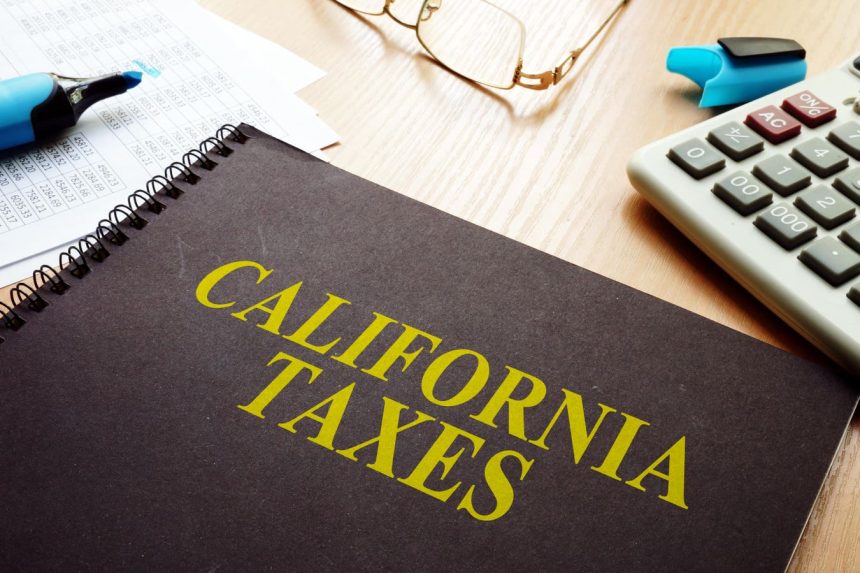If you get options or other equity-based compensation from your employer, knowing the basic rules about how taxes work on options, restricted stock, etc. is a good idea. When is it taxed, is it ordinary income or capital gain, and can you influence that result? It’s a big topic just considering federal taxes. If you add on the state tax issues, it can be more daunting.
Of course, if you live in California, you know that just about everything is taxed, by the IRS and also by the California Franchise Tax Board. However, what if you move away from California, before you get a healthy payment? It is well-known that leaving California can cut your taxes, but timing is key, and you have to be careful. Still, on the surface, if you are no longer a California resident, California can no longer tax you, right? Well, not so fast, as it turns out.
First you actually need to move, since trusts to avoid California tax were largely outlawed. Moving sounds easy, but if you aren’t careful how you do it, you could end up saying goodbye to California taxes, and hello to a residency tax audit. California’s tough Franchise Tax Board (FTB) monitors the line between residents and non-residents, and can probe how and when you left.
Although the IRS can audit 3 or 6 years, California can sometimes audit forever. California, like the IRS, gets unlimited time if you never file an income tax return. That can make filing a non-resident tax return—just reporting your California-source income as a non-resident—a smart move. California looks to objective factors to determine residency. Your time in California versus time outside counts. California uses a comparative analysis to see if you have closer connections to another state.
But even if you are well and truly gone, how can California tax you? Equity-based compensation is still fundamentally compensation for services. Therefore, if you are a California non-resident when you recognize the income for tax purposes, the income is sourced to the location where you provided the services that earned the equity-based compensation. It is possible that the equity-based compensation was granted when you were a resident of California, but that it did not fully vest or was not exercised until after you left California.
California law does not provide a required formula for allocating income from equity-based compensation between California-source and non-California-source income, but only requires that the allocation be reasonable. Nevertheless, it appears that it is generally accepted and reasonable to allocate the income based on time spent in California.
For nonqualified stock options, it is generally acceptable to allocate the income generated upon the exercise of the option based on the number of days working in California versus the number of days working outside of California between the date of grant and the date of exercise. There are some authorities suggesting that it may also be reasonable to allocate the income generated by exercising the option by looking at the period between the date of grant and the date of vesting (instead of the date of exercise).
This same standard is also generally used for restricted stock units and other equity-based deferred compensation. Therefore, if you perform the majority of your work in California, and move immediately before exercising an option or immediately before RSUs vest, most of the income from the exercise or vesting of the deferred compensation may still be taxable in California.
For incentive stock options, under federal law there is no wage portion. Instead, the incentive stock option is only taxed as capital gain when sold (assuming you hold the shares received for the required amount of time before selling them). California law conforms to the federal rule. Therefore, ISOs do not generally result in California tax (other than potentially for AMT purposes) when exercised. Moreover, because capital gain from the sale of shares is generally sourced to the residency of the owner, there may not be California-source income when you later sell the shares received from the exercise of the ISO.
Finally, be careful how you handle any tax audit by California, and any notices you receive. California tax disputes are difficult.
Read the full article here
















